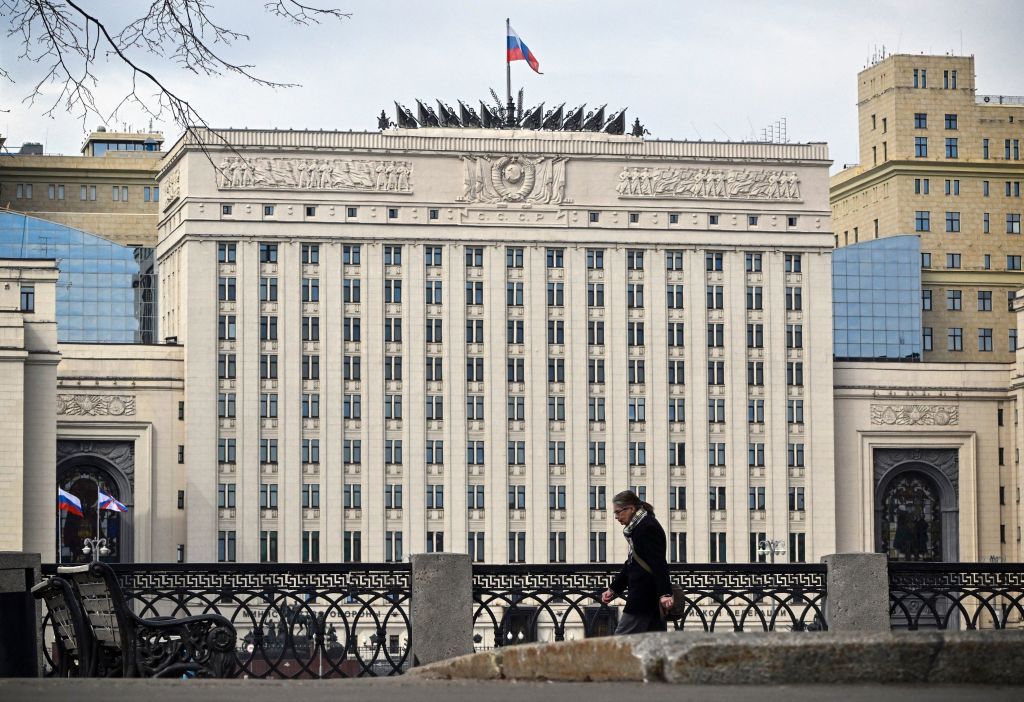Russian oil refineries, an integral part of Moscow’s war efforts, have been the target of numerous Ukrainian drone strikes in recent weeks. Russian forces claim to have shot down 17 Ukrainian drones over its territory on April 28, with three drones falling near an oil depot in Kaluga Oblast. Ukrainian officials have not commented on these claims, which cannot be independently verified. These strikes are part of Ukraine’s strategy to disrupt Russia’s oil industry, seen as a crucial lifeline for sustaining Moscow’s military actions.
The Security Service of Ukraine (SBU) reportedly targeted two oil refineries and a military airfield in Russia’s Krasnodar Oblast on April 27, hitting key technological objects. These attacks have drawn criticism from U.S. officials concerned about the impact on the global energy market. However, Ukrainian President Volodymyr Zelensky defended these actions, asserting Ukraine’s right to retaliate against Russian oil refineries. The use of drones to target Russian energy infrastructure exemplifies Ukraine’s efforts to impede Moscow’s military capabilities and hinder its war efforts.
The ongoing drone strikes by Ukrainian forces are part of a broader strategy to confront and deter Russian aggression. With Moscow’s resurgence posing a significant threat, Kyiv must utilize all available means to slow down Russian advances and buy time for troop rotation, resupply, and fortification. By targeting Russian oil refineries, Ukraine aims to weaken Moscow’s ability to sustain its military operations by disrupting its oil supply. This tactic, while controversial, is seen by Ukrainian authorities as a necessary response to Russian aggression.
The use of drones in asymmetrical warfare has become increasingly prevalent in modern conflicts. Drones provide a cost-effective means of targeting enemy infrastructure and personnel without risking the lives of troops. In the case of Ukraine’s drone strikes on Russian oil refineries, these attacks serve as a form of economic warfare, seeking to undermine Moscow’s war efforts by disrupting its energy supply. While the legality and morality of such actions may be debated, they are viewed by Ukrainian officials as a strategic necessity in the face of Russian aggression.
The escalation of drone strikes between Ukraine and Russia highlights the intensifying conflict between the two neighboring countries. As Ukraine seeks to defend its sovereignty and territorial integrity against Russian encroachment, it has turned to unconventional tactics such as drone warfare to combat a more powerful adversary. The ability of Ukrainian forces to penetrate Russian airspace and target key infrastructure demonstrates their determination to resist Russian aggression and defend their country against external threats. The ongoing drone strikes represent a new chapter in the conflict between Ukraine and Russia, with both sides utilizing innovative tactics to gain a strategic advantage.
In the midst of ongoing hostilities, the targeting of Russian oil refineries by Ukrainian drones underscores the high stakes involved in the conflict. By disrupting Moscow’s energy supply, Ukraine aims to weaken Russian capabilities and undermine its military operations. The international community’s response to these drone strikes, particularly from the United States, reflects concerns about the broader impact on the global energy market. As the conflict continues to evolve, the use of drones in warfare raises ethical, legal, and strategic questions that will shape the future of the conflict between Ukraine and Russia.


